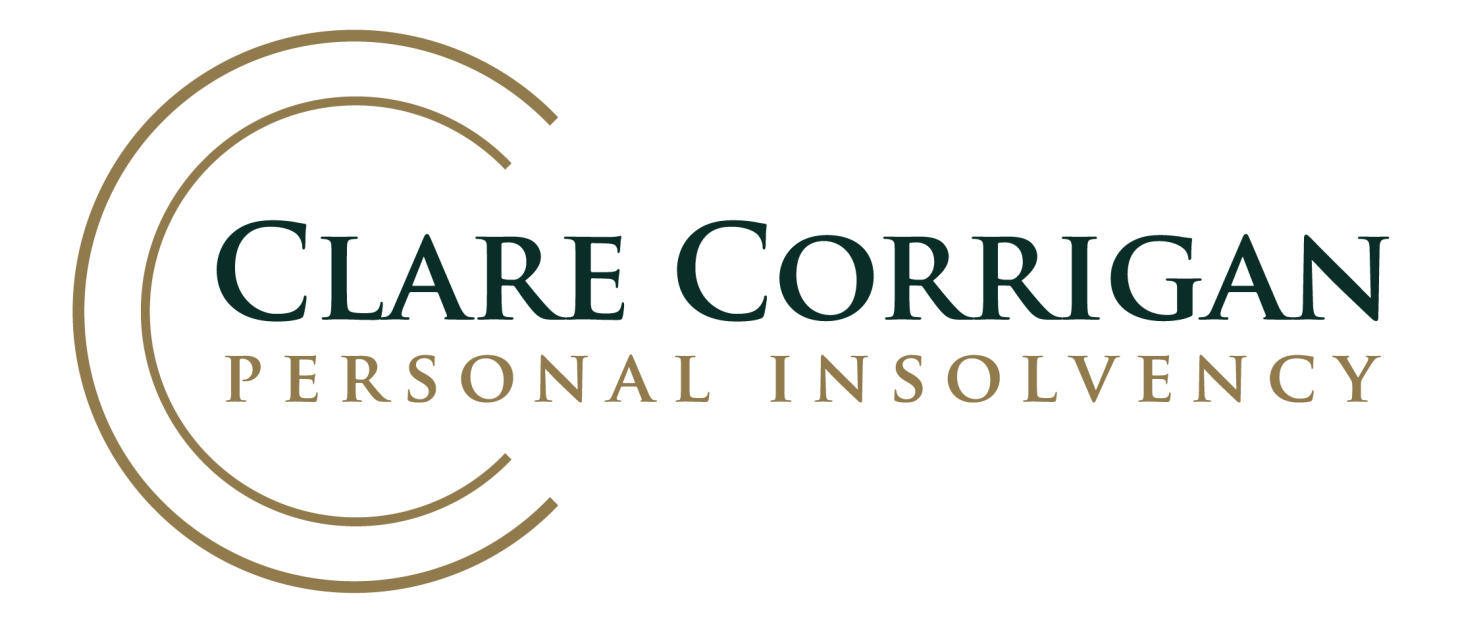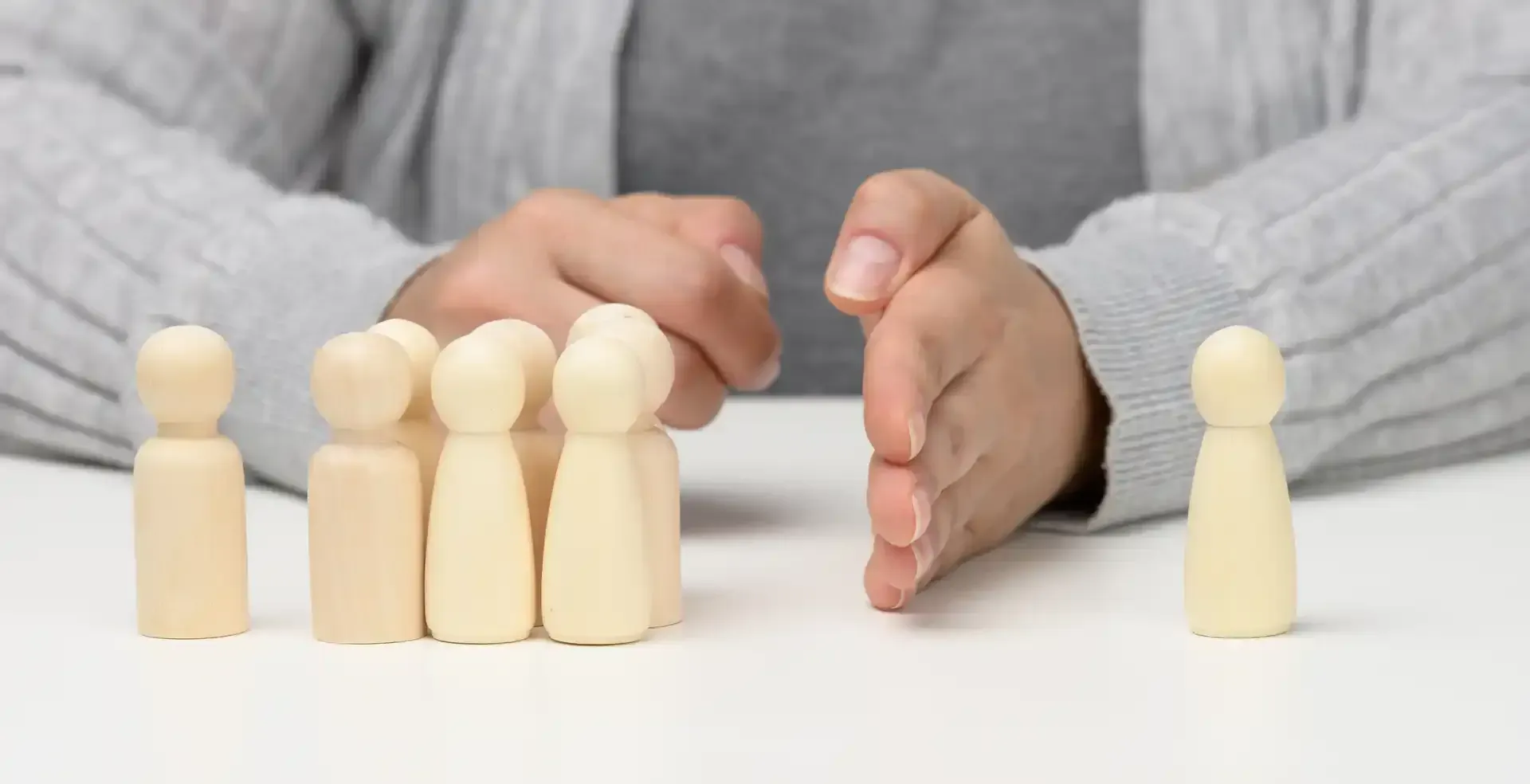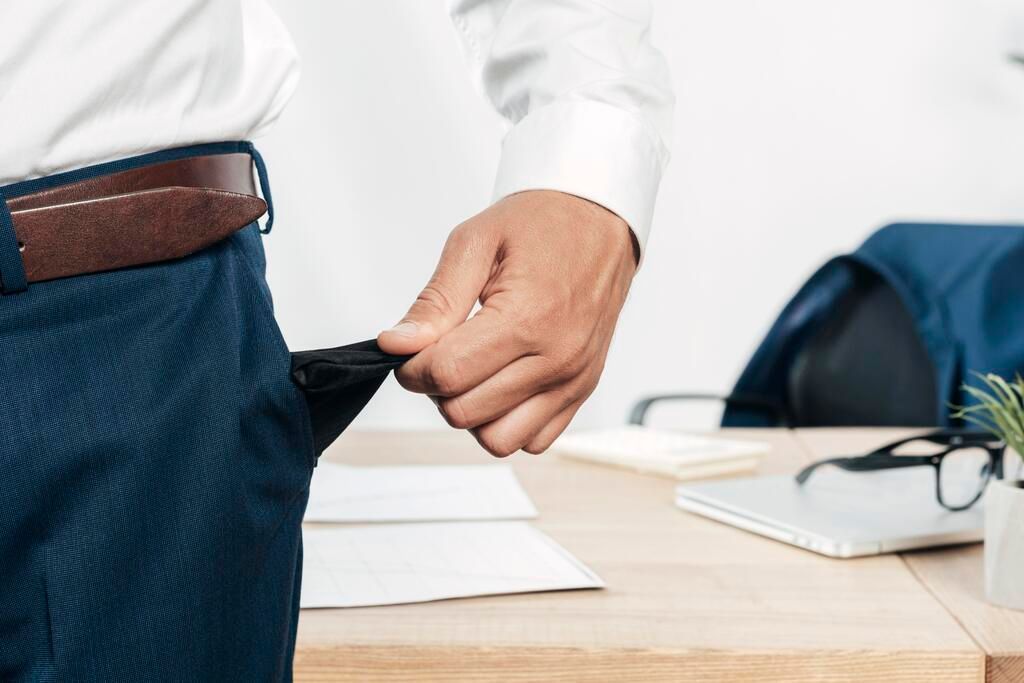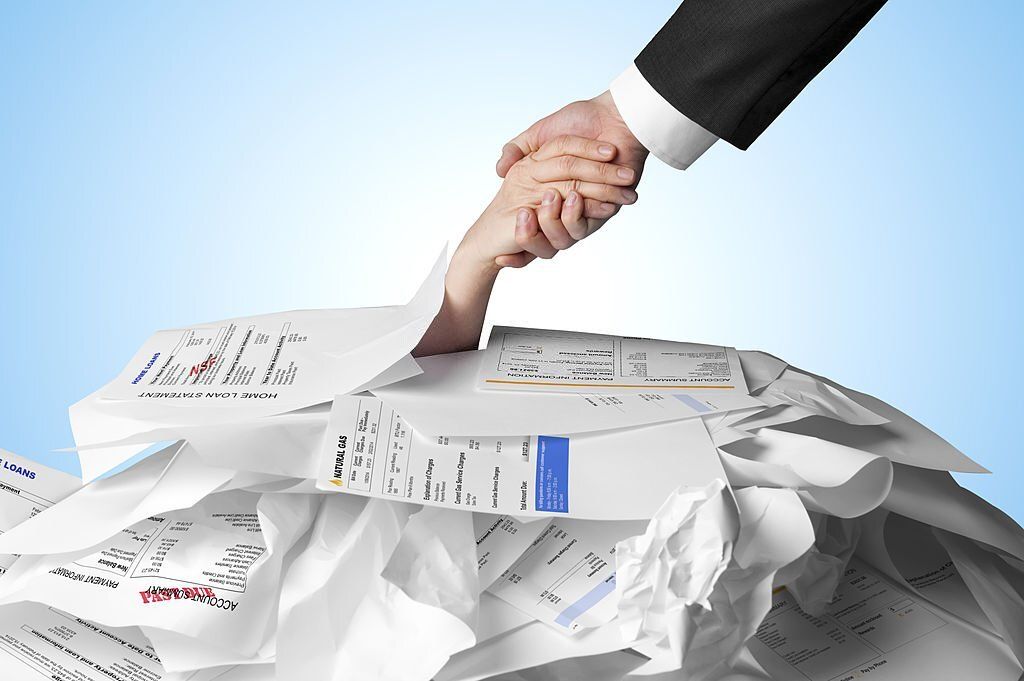What Is a Personal Insolvency Agreement (PIA)?
If your income is not enough to cover the debts you owe, or if you do not have sufficient assets or capital to service these debts, you are considered to be insolvent. In other words, you can’t access enough liquid cash to pay back your creditors.
When this happens, you may be declared bankrupt, protecting you from further debt burdens while helping your creditors recoup as much of their funds as possible. Alternatively, you may enter into a
personal insolvency agreement, or PIA.
Understanding the PIA
The PIA is essentially a contract you will enter into along with your creditors. Like other contracts, this is legally binding – so you will be required to fulfill the repayment obligations according to the terms and conditions of the agreement.
The idea is to provide a more manageable structure of repayment for anyone who finds themselves struggling with debt, without forcing them to consider bankruptcy as the only available option. While bankruptcy can be a suitable choice in some cases, many people in debt would be better served by avoiding this altogether with a PIA. Creditors are also likely to welcome a PIA, as it guarantees a schedule of regular repayments.
Other Benefits of a PIA
As well as offering a means to avoid bankruptcy, personal insolvency agreements also offer other advantages. This includes flexibility – you will be able to work with your creditors and reach a mutually acceptable plan of repayment. You may be able to agree upon a lump sum payment, a regular schedule of repayments, or a combination of the two.
The flexibility of the agreement also extends to its duration. You and your creditors will reach an agreement as to the time period of the PIA.
You may also be able to keep control of some of your assets. This is not true in all cases, and will depend on the terms of the agreement you reach with your creditors.
Approaching the PIA: Things to Bear in Mind
There are a few things to keep in mind when considering if the PIA is right for you.
- You will need to hand over control of some, most, or all of your assets to a trustee.
- This trustee will negotiate and execute the PIA, and will charge a fee for doing this.
- The PIA may not release you from all your debt obligations, and you may still need to pay back money you owe if it is not included in the PIA.
Deciding on the Right Course of Action – We’re On Your Side
Experiencing insolvency can be a seriously worrying feeling. You may find it difficult to control your emotions and to think clearly about the right course of action. We understand this, which is why we do our best to provide a warm, welcoming,
reassuring service to all.
Reach out today and let's discuss your services. Deciding on the next steps might not be as difficult – nor as scary – as you imagined.
Contact our team today on 1300 631 710
